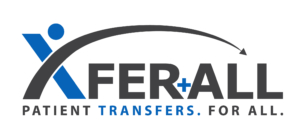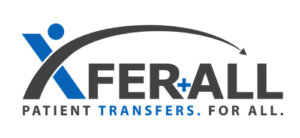Die District of Columbia Hospital Association arbeitet daran, Krankenhäuser und Gesundheitssysteme im Distrikt voranzubringen, indem sie Richtlinien und Initiativen fördert, die unser Versorgungssystem stärken.
In Verbindung bleiben
Melden Sie sich für die wöchentlichen Mitteilungen von DCHA News an

SEITENVERZEICHNIS
LAGE
1152 15. Straße
Suite 900
Washington, D.C
20005





